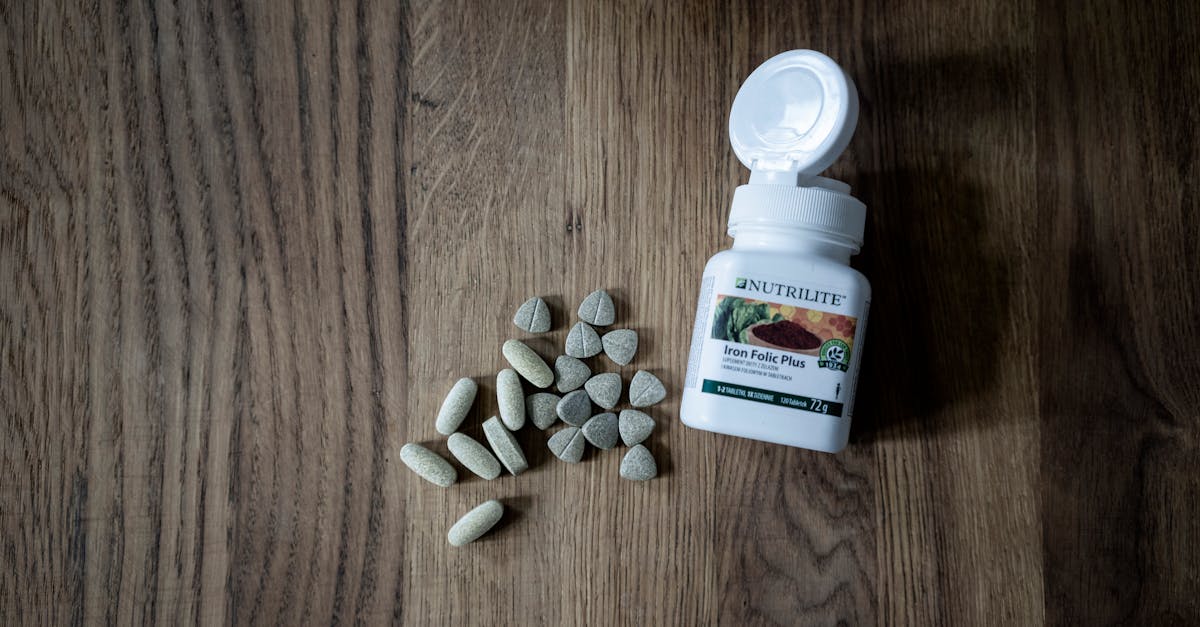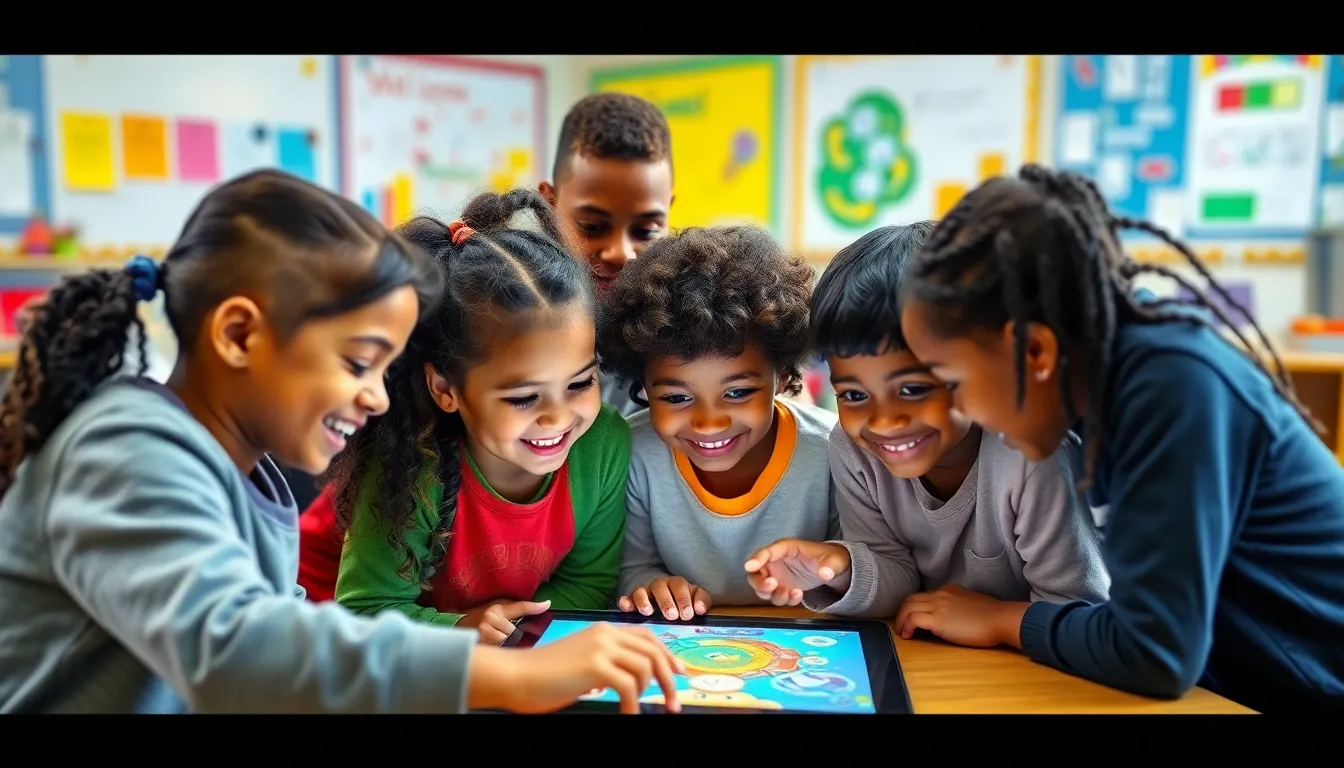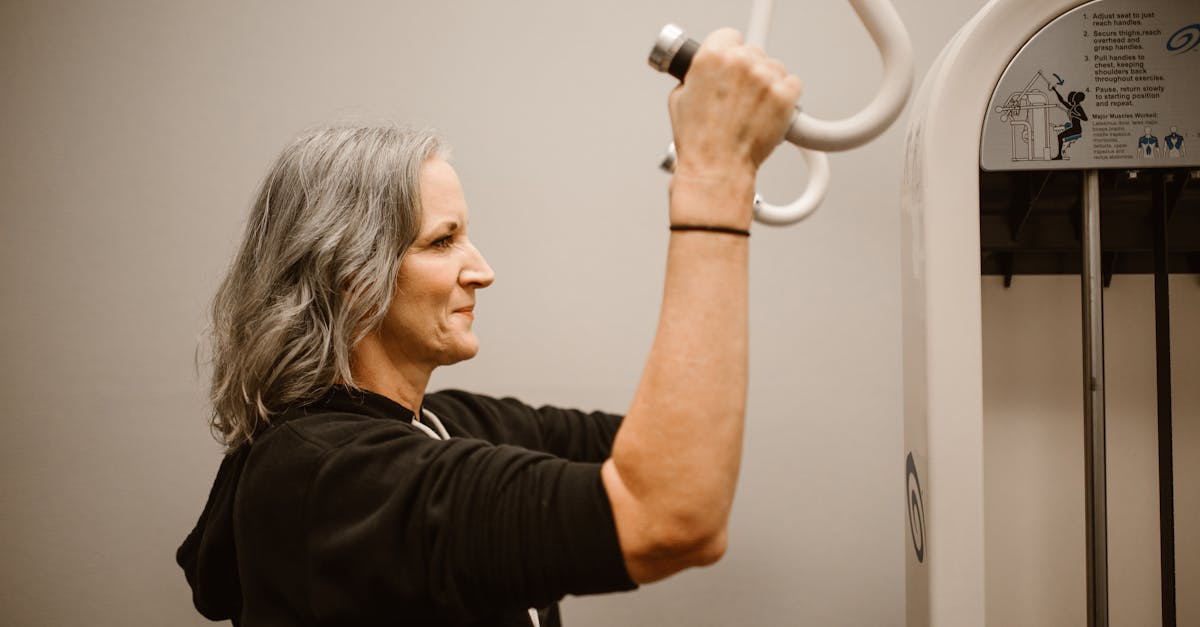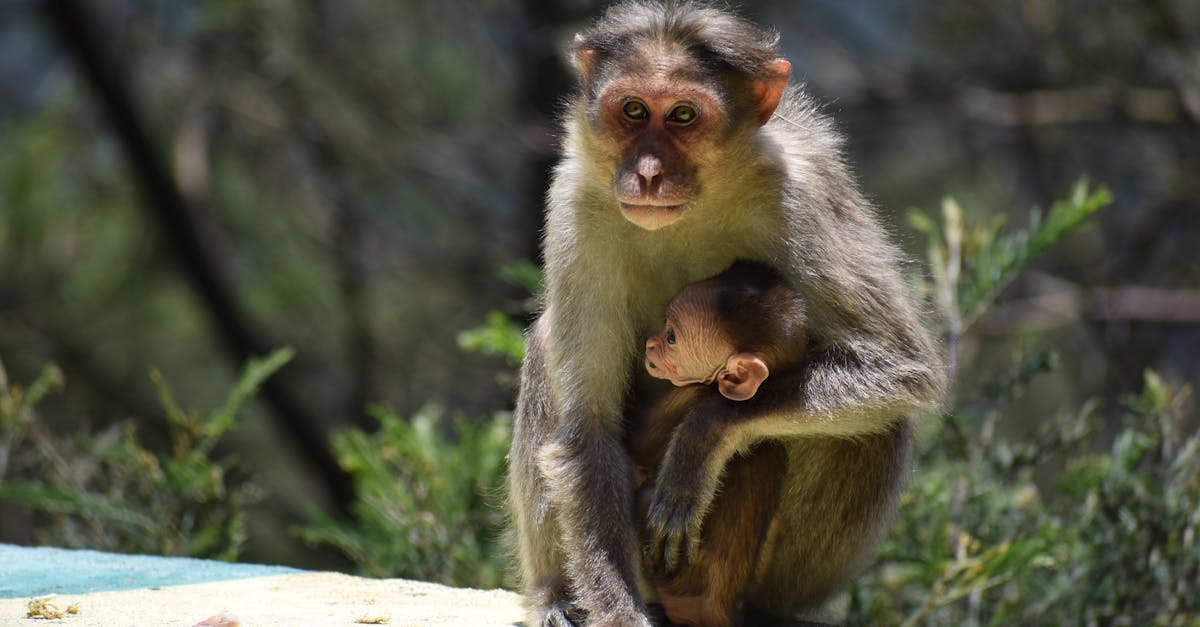Table of Contents
ToggleAfter giving birth, new parents often find themselves navigating a whirlwind of emotions, sleepless nights, and the delightful chaos that comes with a tiny human. But what if they could turn to time-honored traditions to ease the transition? Across the globe, cultures have developed unique postpartum rituals that not only celebrate the arrival of a baby but also support mothers in their recovery.
Understanding Postpartum Rituals Worldwide
Postpartum rituals provide healing practices for mothers across different cultures. Each ritual offers specific traditions aimed at recovery and bonding with the newborn. In many cultures, these practices emphasize rest and nourishment.
In China, the practice of “zuo yuezi” involves a month of confinement. Mothers avoid strenuous activities and consume nourishing foods believed to restore balance and energy. This period allows mothers to bond with their babies and adapt to motherhood.
In Africa, various communities celebrate the arrival of a child with distinct ceremonies. For example, among the Yoruba people in Nigeria, a naming ceremony occurs on the eighth day after birth. This event welcomes the child and acknowledges their identity within the family and society.
Similarly, in Japan, the “sakazuki” ceremony welcomes the newborn into the community. Family members gather to participate in this tradition, sharing food and drink, celebrating the new life. Rituals like these foster a sense of unity and support during the early postpartum days.
South Asian cultures often have specific rituals for postpartum recovery as well. In India, many mothers receive support from female relatives during the first 40 days after childbirth, a period known as “chhath.” Shared meals and advice nurture the new mother and reinforce familial bonds.
These diverse postpartum rituals embody cultural values and beliefs, emphasizing care and celebration. By engaging in these practices, mothers can experience support, healing, and a sense of belonging during a pivotal time in their lives.
Cultural Significance
Postpartum rituals reflect deep cultural values and practices that support new parents during a transformative period. These traditions emphasize emotional, psychological, and physical recovery.
Emotional and Psychological Support
Rituals around the globe recognize the importance of emotional well-being for new mothers. In many cultures, community involvement plays a key role in reducing feelings of isolation. Family members often gather to provide encouragement and strength. The Yoruba naming ceremony in Nigeria fosters connection and joy, celebrating the baby and supporting the mother’s mental health. Similarly, in India, the “chhath” ritual offers mothers a network of female relatives who provide care and advice, helping ease the transition into motherhood. Embracing these practices strengthens familial bonds, contributing to a supportive environment for both mother and child.
Physical Recovery Practices
Physical recovery holds significant importance in postpartum traditions worldwide. Many cultures emphasize rest and nourishment during the initial weeks after childbirth. The Chinese practice of “zuo yuezi” highlights the necessity of a month-long confinement, allowing mothers to heal while focusing on their newborns. In Japan, the “sakazuki” ceremony not only celebrates life but also encourages nourishment through shared meals, promoting physical restoration. Numerous cultures implement specific dietary guidelines, recommending nutrient-rich foods to promote healing. Such practices underscore a collective understanding of the physical demands placed on new mothers, facilitating recovery while fostering a sense of belonging.
Common Postpartum Practices
Various cultures implement unique practices that support new mothers during the postpartum phase. Each custom emphasizes healing, nourishment, and community.
Dietary Customs
Dietary customs play a critical role in postpartum recovery. In many cultures, specific foods provide essential nutrients that aid healing. For instance, in Chinese tradition, warm foods like ginger and chicken soup foster recovery and warmth. In Indian culture, dishes such as lentils and rice offer sustenance and energy to new mothers. Nutritional practices focus on easily digestible, nutrient-rich options that help restore strength. These meals often include herbs and spices believed to promote lactation and overall health.
Closing of the Bones
The “closing of the bones” ceremony carries significant importance in various cultures, particularly in Latin American communities. This practice aims to support a woman’s physical and emotional well-being after childbirth. Traditionally, a trained caregiver performs this ritual, which includes gentle massage and the binding of the pelvis. Support from female family members reinforces this intimate experience. Participants often believe that this ceremony restores a mother’s strength and facilitates connection with her body after pregnancy.
Blessingway Ceremony
The Blessingway ceremony originates from Navajo culture and celebrates transition into motherhood. This ritual emphasizes emotional support and community connection for a new mother. Family and friends gather to share prayers, songs, and gifts, promoting a positive atmosphere. During the ceremony, participants may create personal tokens to symbolize the mother’s journey. Such gestures foster encouragement and love, reinforcing the support network that surrounds her. This nurturing experience highlights the importance of emotional healing and community bonds during postpartum recovery.
Unique Rituals from Different Regions
Postpartum rituals vary widely across cultures, with each offering unique support to new mothers. These practices emphasize healing, nourishment, and community involvement, creating a rich tapestry of traditions.
Asia
In Asia, unique postpartum customs stand out. The “zuo yuezi” practice in China advocates a full month of rest and confinement, allowing mothers to recuperate and bond with their infants. Japan’s “sakazuki” ceremony welcomes newborns into the community through shared meals. South Asian countries, particularly India, observe rituals such as “chhath,” where female relatives assist mothers during the initial 40 days postpartum, offering care and wisdom.
Africa
In Africa, various rituals celebrate motherhood and promote recovery. The Yoruba community holds joyful naming ceremonies, uniting families and friends to honor the new arrival. Kenya’s Kikuyu people engage in “Nkiyia,” a ritual that encourages mothers to rest while being cared for by family members. These traditions foster connections, reduce feelings of isolation, and honor the transformative experience of childbirth.
Europe
European postpartum traditions often blend ancient customs with modern practices. In Ireland, women participate in “the lying-in” period, where they rest for weeks following childbirth, surrounded by support from family. Scandinavian countries prioritize the “fourth trimester,” emphasizing both physical recovery and community support. Rituals like the “mother blessing” invite friends and family to shower the mother with gifts, nurturing her emotional well-being.
Americas
In the Americas, diverse rituals reflect cultural values surrounding motherhood. The Navajo Blessingway ceremony celebrates a woman’s transition into motherhood, incorporating prayers and supportive tokens from the community. Latin American cultures practice the “closing of the bones” ceremony, which includes gentle massage and pelvic binding aimed at aiding physical recovery. These rituals reinforce community ties and provide essential support for new mothers.
Modern Adaptations of Traditional Rituals
Modern adaptations of traditional postpartum rituals reflect a blend of cultural significance and contemporary needs. Many new parents seek to incorporate practices that align with current lifestyles, emphasizing balance and support.
Influence of Western Practices
Western influences shape postpartum customs globally. Emphasis on mental health awareness increases focus on emotional support during the postpartum period. Resources like lactation consultants and postpartum doulas emerge as viable options, ensuring mothers receive professional guidance. Additionally, mindfulness practices, such as yoga and meditation, gain traction, providing a holistic approach to recovery. Parents increasingly appreciate the value of social media, using online communities to share experiences and gather advice. This integration of modern practices complements traditional rituals, creating a diverse toolkit for new mothers navigating recovery.
Integration into Contemporary Life
Integrating traditional rituals into contemporary life allows families to honor cultural customs while adapting them to modern needs. For instance, meal delivery services offer families nutrient-rich dishes inspired by cultural postpartum diets, making it easier for new mothers to focus on recovery. Parenting groups incorporate aspects of rituals, such as shared meals and communal support, fostering a sense of belonging. Celebrations like naming ceremonies continue to be significant, with modern interpretations emerging to suit contemporary lifestyles. Many families blend these customs with their unique contexts, ensuring that their experiences remain meaningful and relevant. The evolving landscape of postpartum rituals illustrates a commitment to preserving cultural heritage while embracing modernity.
Conclusion
Postpartum rituals from around the world offer invaluable support to new mothers during a critical time. These traditions not only promote physical recovery but also foster emotional well-being through community involvement. By embracing cultural practices that prioritize rest and nourishment, families can create a nurturing environment for both mother and child.
As these rituals adapt to modern life, they continue to provide essential guidance and connection. The blend of ancient wisdom and contemporary resources ensures that new parents have the tools they need to navigate the challenges of postpartum life. Ultimately, celebrating and sharing these diverse traditions enriches the experience of motherhood for generations to come.







